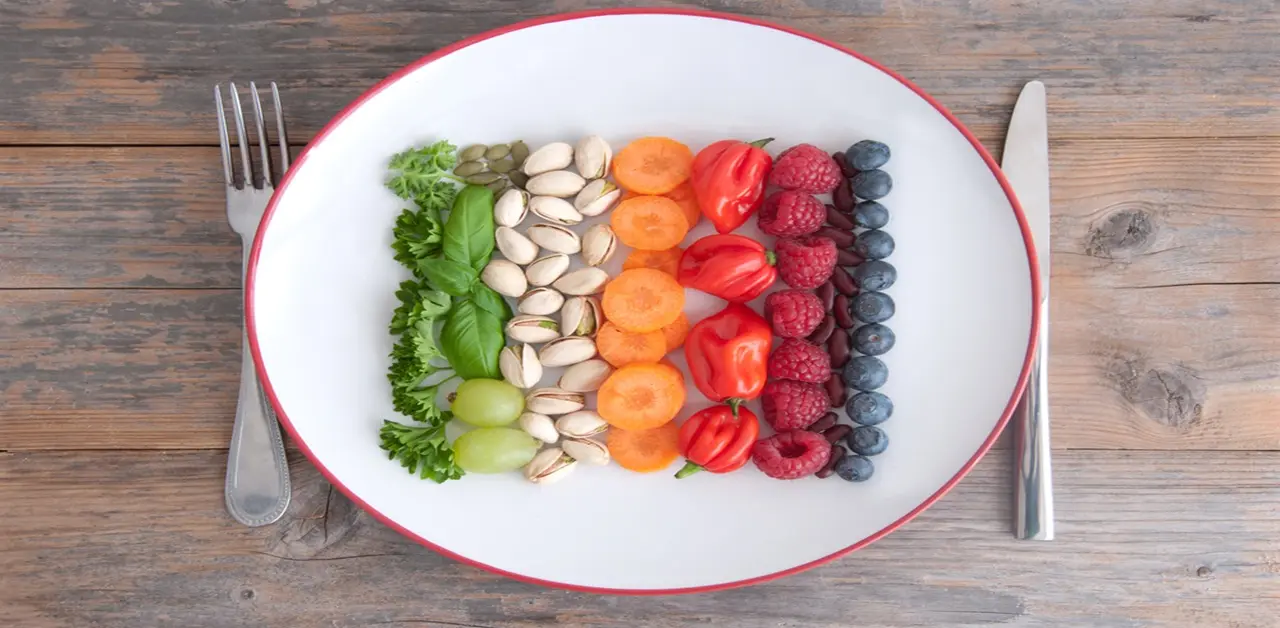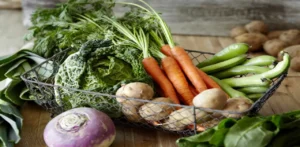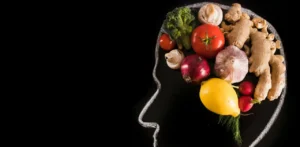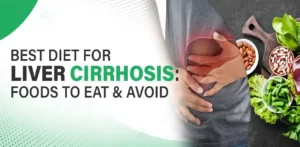Contents
Blood cancer is a complex and life-changing condition that affects the production and function of blood cells in the body. From leukemia to lymphoma and multiple myeloma, this group of diseases can compromise the immune system, energy levels, and overall health. While treatment plans such as chemotherapy and radiation are often necessary, diet plays a powerful role in supporting the body during and after treatment.
This blog explores the best blood cancer diet options, the most effective foods to fight blood cancer, and how to create a well-balanced blood cancer meal plan. With expert-backed blood cancer dietitian recommendations, you’ll also discover how platforms like IntRest allow you to order personalized, healthy food meals that cater to your unique dietary needs, including medical conditions, allergies, and preferences.
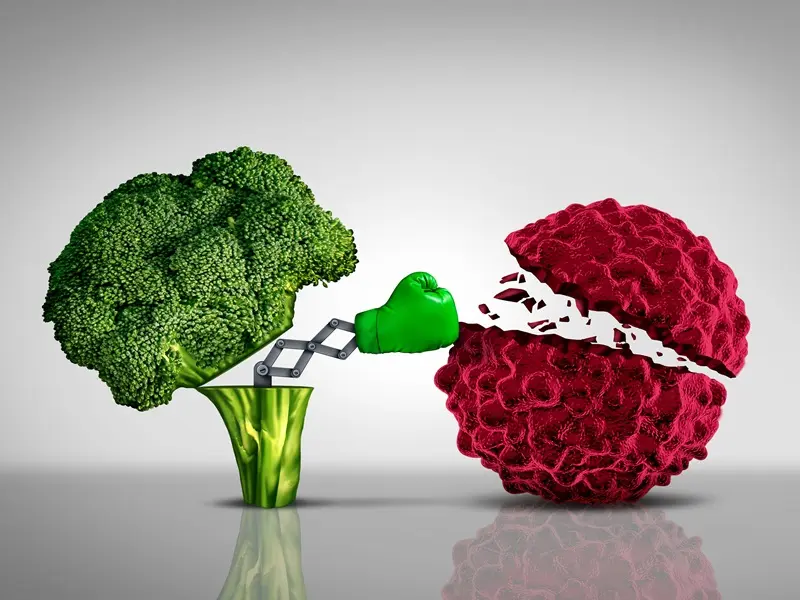
What Is Blood Cancer?
Blood cancer begins in the bone marrow, where blood is produced. It typically affects the development and function of blood cells, often leading to the uncontrolled growth of abnormal cells. These abnormal cells interfere with the immune system, making the body more vulnerable to infections and other health complications.
Common Types of Blood Cancer:
-
Leukemia – Affects the blood and bone marrow
-
Lymphoma – Targets the lymphatic system
-
Multiple Myeloma – Impacts plasma cells in the bone marrow
Symptoms may include fatigue, frequent infections, unexplained weight loss, bruising, night sweats, and bone pain. Alongside medical treatments, a carefully structured blood cancer nutrition plan can help strengthen the immune system, minimize treatment side effects, and promote overall recovery.
Why Diet Matters in Blood Cancer
Cancer and its treatment can affect appetite, digestion, metabolism, and nutrient absorption. This makes it especially important for blood cancer patients to consume nutrient-dense, easily digestible, and immune-boosting foods.
A personalized diet for blood cancer patients aims to:
-
Reduce inflammation
-
Support the immune system
-
Improve energy levels
-
Aid in tissue repair
-
Reduce the side effects of cancer treatment
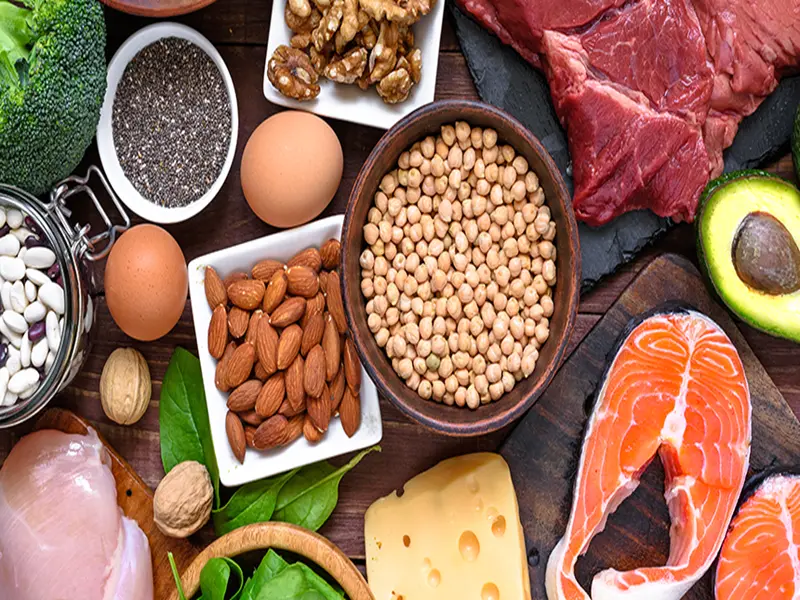
Foods to Fight Blood Cancer
Some foods possess anti-cancer properties or are particularly effective in supporting those undergoing cancer treatment. Here are the best foods for blood cancer support:
1. Leafy Greens and Cruciferous Vegetables
Packed with antioxidants and vitamins, vegetables like spinach, kale, broccoli, and Brussels sprouts help detoxify the body and support immune function.
2. Berries
Blueberries, raspberries, and strawberries are rich in antioxidants like anthocyanins, which protect cells from oxidative stress.
3. Fatty Fish
Salmon, sardines, and mackerel are rich in omega-3 fatty acids which combat inflammation and promote heart and brain health.
4. Whole Grains
Quinoa, brown rice, oats, and barley offer fiber and nutrients that aid digestion and help regulate blood sugar levels.
5. Legumes and Beans
Rich in plant-based protein and fiber, lentils and beans provide long-lasting energy and support gut health.
6. Garlic and Onions
Contain sulfur compounds that may have anti-cancer effects and support the body’s natural detox systems.
7. Nuts and Seeds
Almonds, walnuts, flaxseeds, and chia seeds are good sources of healthy fats and protein.
8. Turmeric
Curcumin, the active ingredient in turmeric, is known for its strong anti-inflammatory and antioxidant effects.
9. Green Tea
Contains polyphenols that may help prevent cancer cell growth and enhance immune responses.
10. Citrus Fruits
Oranges, lemons, and grapefruits are high in vitamin C, which supports immune function and tissue repair.
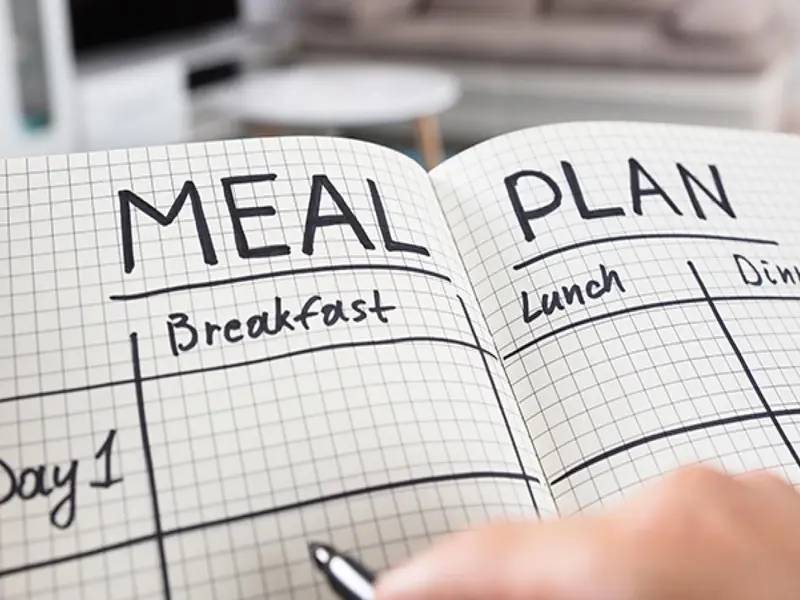
Blood Cancer Meal Plan
A structured blood cancer meal plan ensures balanced nutrition while taking into account side effects like nausea, fatigue, or loss of appetite. Here’s a simple daily meal plan that incorporates healthy food meals tailored for blood cancer patients:
Breakfast
-
Steel-cut oats with almond milk, chia seeds, and blueberries
-
Green smoothie with spinach, banana, flaxseed, and Greek yogurt
Mid-Morning Snack
-
Apple slices with almond butter
-
Herbal tea (ginger or chamomile)
Lunch
-
Grilled salmon over a quinoa and arugula salad
-
Steamed broccoli with olive oil and lemon
-
Fresh orange juice (unsweetened)
Afternoon Snack
-
Hummus with carrot and cucumber sticks
-
Handful of walnuts or almonds
Dinner
-
Baked tofu or chicken breast with brown rice
-
Stir-fried vegetables (peppers, kale, garlic, mushrooms)
-
Chamomile tea with honey
Evening Snack
-
Low-fat Greek yogurt with a sprinkle of cinnamon
-
Herbal infusion or turmeric latte
This meal plan is rich in essential vitamins, minerals, fiber, protein, and anti-inflammatory ingredients, offering a solid foundation for blood cancer nutrition.
Blood Cancer Diet Tips
Following specific blood cancer diet tips can enhance how patients feel during and after treatment:
-
Eat Small, Frequent Meals: Especially if nausea or fatigue is an issue.
-
Avoid Processed Foods: Reduce consumption of sugar, red meats, and processed snacks.
-
Stay Hydrated: Water, herbal teas, and soups help combat treatment-related dehydration.
-
Use Gentle Cooking Methods: Steaming, baking, and boiling are preferred over frying.
-
Focus on Food Safety: Cancer treatments can weaken immunity. Be cautious with raw or undercooked foods.

Blood Cancer Dietitian Recommendations
Cancer care teams often include registered dietitians who offer blood cancer dietitian recommendations. These experts help:
-
Adjust meal plans based on energy needs
-
Manage symptoms like loss of appetite, nausea, and taste changes
-
Address weight loss or gain during treatment
-
Recommend supplements when needed (e.g., vitamin D, iron)
A dietitian will also consider any allergies, dietary restrictions (e.g., vegan, low-sodium), and cultural food preferences when crafting the perfect meal plan.
Also Read: “High Cholesterol Diet: Tips and Meal Ideas for Hyperlipidemia“
Ordering Healthy Food with IntRest
At IntRest, we believe that food is medicine. That’s why our platform helps users discover and order personalized, healthy food meals from restaurants near them. Whether you’re navigating blood cancer, managing an allergy, or following a strict diet, IntRest filters menu options to show only those that meet your exact needs.
Why Choose IntRest?
-
Filter menus based on diseases like blood cancer
-
Avoid allergens and disliked ingredients
-
Choose diets like vegan, keto, or diabetic-friendly
-
Explore meals with doctor- and dietitian-approved ingredients
-
Get meals tailored for your wellness goals
If you’re a blood cancer patient, IntRest makes it easy to find meals made with the best foods for blood cancer, including antioxidant-rich vegetables, lean proteins, whole grains, and immune-supporting herbs.
Final Thoughts
Nutrition is a powerful ally in the fight against blood cancer. While medical treatment is essential, a supportive diet rich in whole, nutrient-dense foods can significantly improve a patient’s quality of life. By following expert-backed blood cancer nutrition advice, incorporating the best foods for blood cancer, and creating a personalized blood cancer meal plan, patients can strengthen their bodies for the challenges ahead.
With IntRest, eating right doesn’t have to be complicated. Whether you’re looking for blood cancer diet tips or want to order meals that fit your unique health profile, our platform offers intelligent, filtered food choices that support your recovery and wellness journey.
Take control of your health—visit IntRest to explore healthy meals tailored to your blood cancer dietary needs, medical conditions, allergies, and personal preferences.
